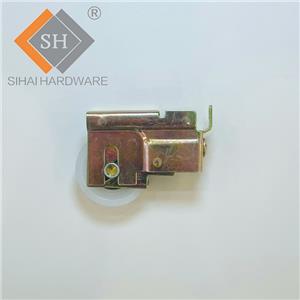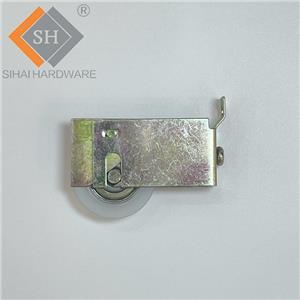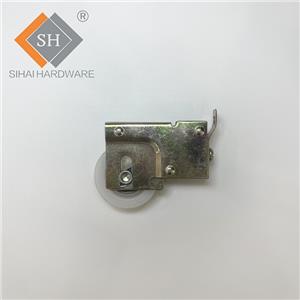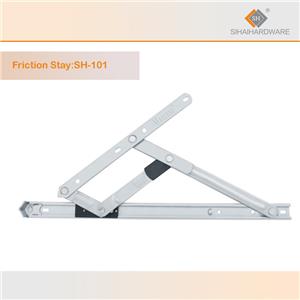ARTICLE NO.53|Common Materials Used for Window Friction Stay Hinges: Exploring Beyond Stainless Steel and Zinc Alloy
Common Materials Used for Window Friction Stay Hinges: Exploring Beyond Stainless Steel and Zinc Alloy
Window friction stay hinges are vital components of windows, providing controlled movement and stability. While stainless steel and zinc alloy are commonly used materials for these hinges, there are other options available. This article delves into the world of window friction stay hinges, exploring alternative materials beyond stainless steel and zinc alloy. By understanding the range of materials used, homeowners and professionals can make informed decisions when selecting window hinges.
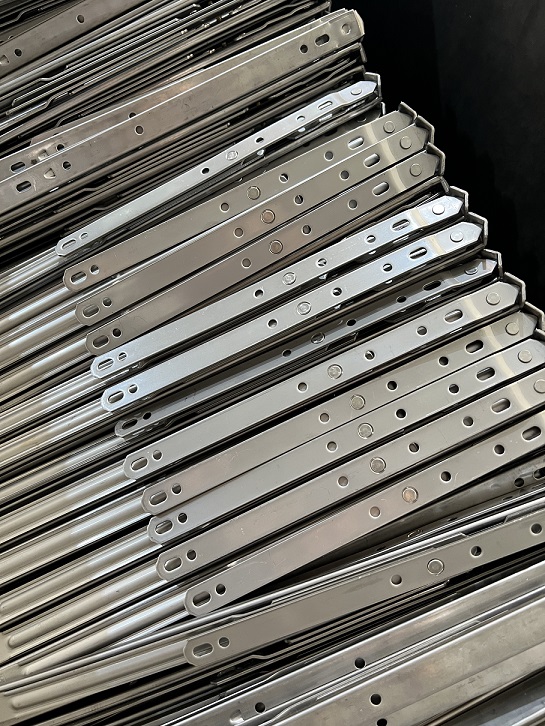
1. Brass:
Brass is a popular material choice for window friction stay hinges. Known for its corrosion resistance and durability, brass offers an elegant and timeless aesthetic. It can withstand various weather conditions and is suitable for both interior and exterior applications. Brass hinges provide smooth operation and add a touch of sophistication to windows.
2. Bronze:
Bronze is another material frequently utilized for window friction stay hinges. Its exceptional strength and resistance to corrosion make it ideal for heavy-duty applications. Bronze hinges are commonly found in architectural windows, offering longevity and reliability. They provide a classic appearance and are well-suited for traditional or rustic design themes.
3. Aluminum:
Aluminum, although commonly associated with window frames, can also be used for window friction stay hinges. It is lightweight, durable, and resistant to rust. Aluminum hinges offer a good balance between strength and affordability, making them a popular choice for various window types. They are particularly suitable for aluminum frame windows.
4. Nylon:
Nylon hinges are favored for their smooth and quiet operation. These hinges have low friction properties, minimizing wear and tear over time. Nylon is resistant to rust and corrosion and can withstand different weather conditions. Nylon hinges are commonly used in sliding windows and casement windows, ensuring effortless opening and closing.
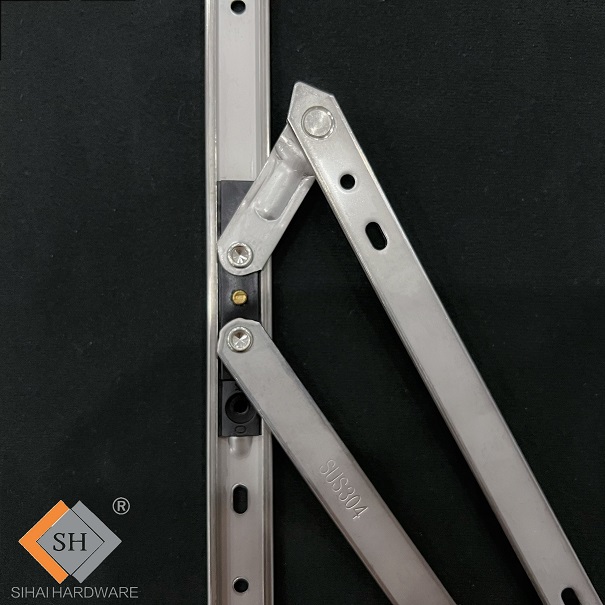
5. Composite Materials:
Composite materials, such as fiberglass-reinforced polymers or carbon fiber composites, are also used for window friction stay hinges. These materials combine strength, durability, and lightweight properties. Composite hinges offer excellent performance and can be customized to meet specific requirements. They are often chosen for modern or high-performance window systems.
Window friction stay hinges are essential components that ensure smooth and controlled movement of windows. While stainless steel and zinc alloy are commonly used materials, considering alternatives expands the range of options available. Brass, bronze, aluminum, nylon, and composite materials provide unique attributes such as corrosion resistance, durability, strength, or silent operation. By understanding the characteristics of these materials, homeowners and professionals can select the most suitable window friction stay hinges for their specific needs. Whether seeking elegance, longevity, affordability, or specialized performance, exploring beyond stainless steel and zinc alloy opens up a world of possibilities for window hinge selection.

